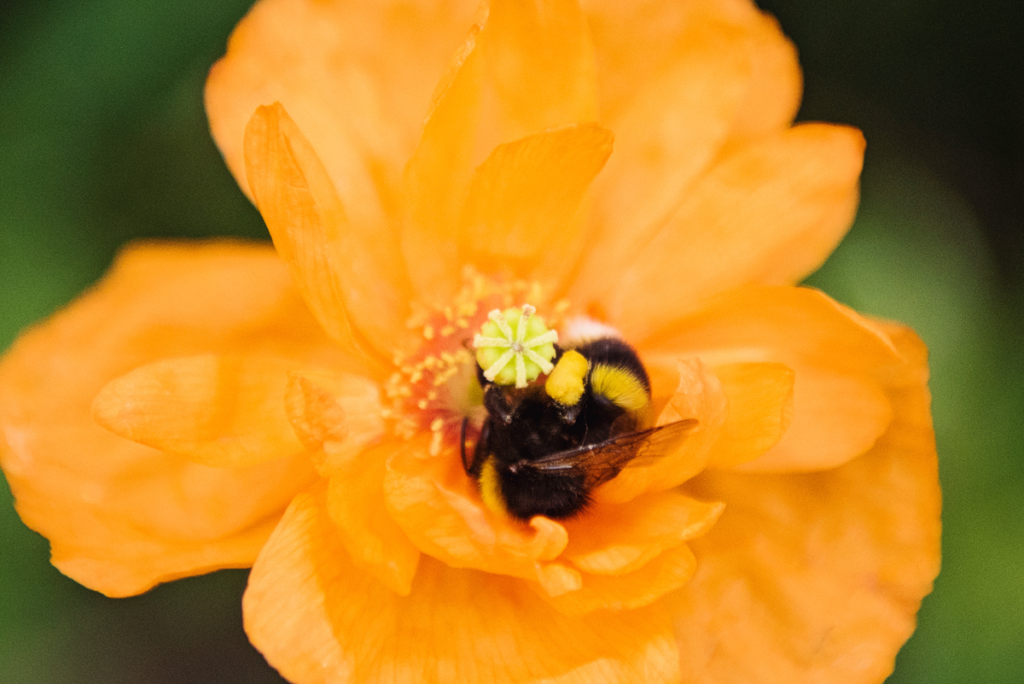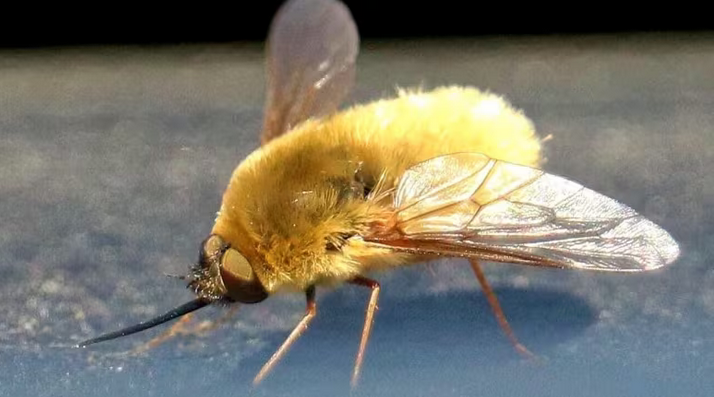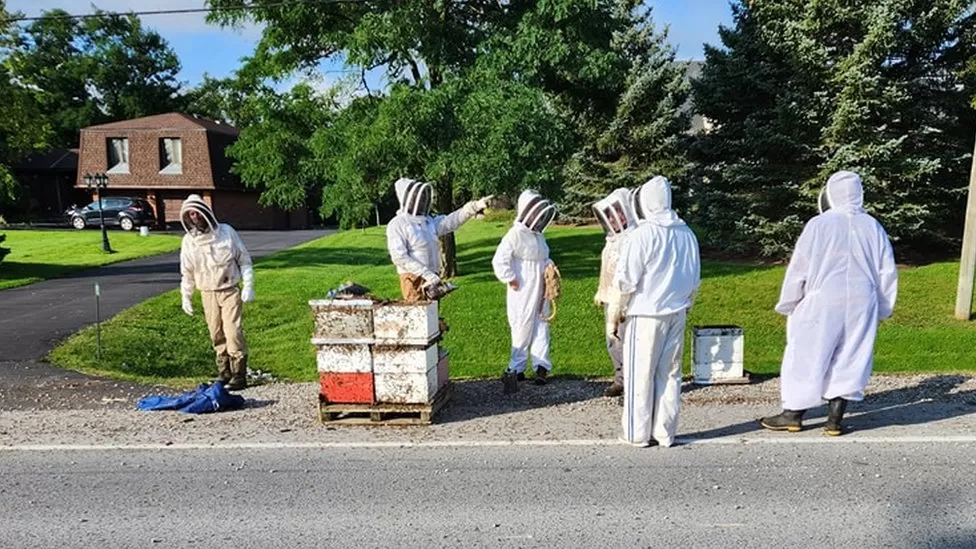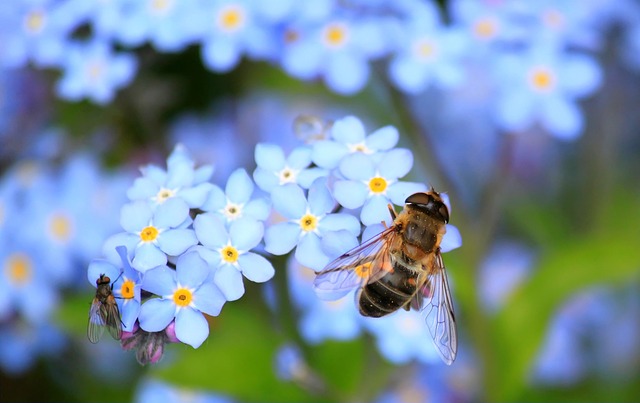 .
.
This is a place to drop by when you have a minute. A place to come for High Rise Honey news and updates.
High Rise Honey’s sole goal is to bring honey bee awareness to the world and help solve the bee crisis for the sake of mankind.
Our online News & Stories feature the latest news stories, opinion articles, analysis, discussions, and reviews about the current status of honey bees worldwide and associated topics and social issues.

 Ever wondered why bees nap in flowers? It’s not just adorable; it’s crucial for their daily hustle.
Ever wondered why bees nap in flowers? It’s not just adorable; it’s crucial for their daily hustle.


 Bees are a crucial part of our ecosystem, and their decline in numbers is a cause for concern. Canada, like many other countries, has seen a significant decline in its bee population over the last few decades. This decline is due to a range of factors, including habitat loss, pesticide use, climate change, and disease.
Bees are a crucial part of our ecosystem, and their decline in numbers is a cause for concern. Canada, like many other countries, has seen a significant decline in its bee population over the last few decades. This decline is due to a range of factors, including habitat loss, pesticide use, climate change, and disease.


